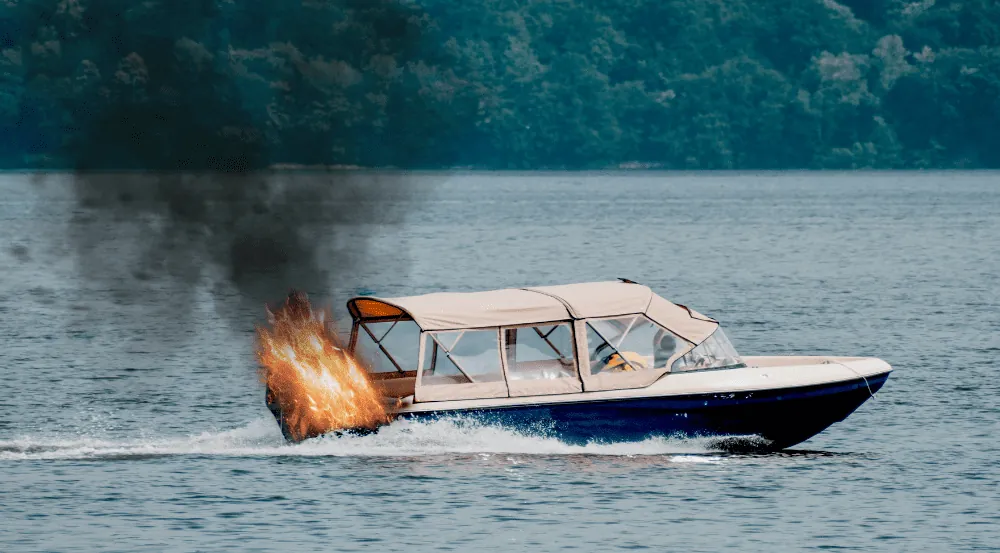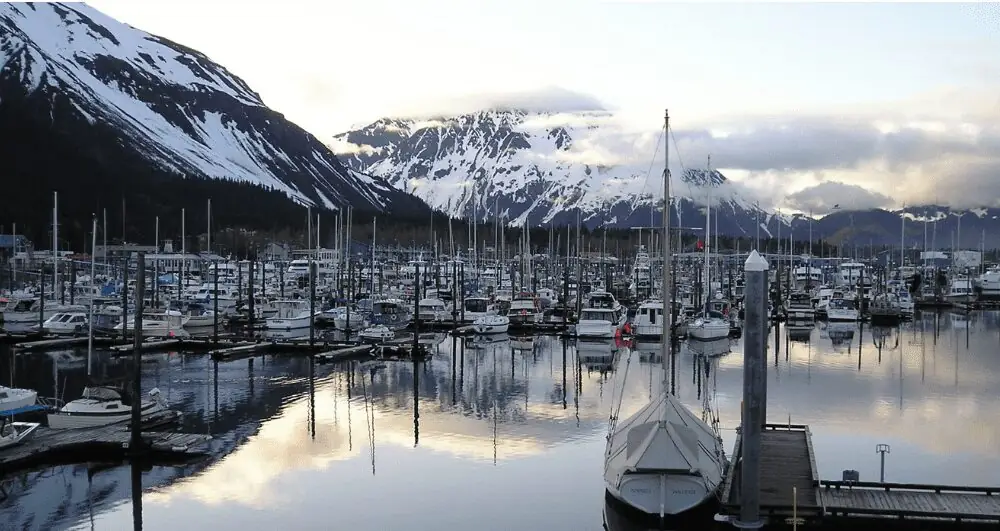
Introduction
The Seattle Times reports that Ballard Oil, a company that has been serving the maritime community for four generations, closed its doors for good on January 30th, 2023. Since its founding in 1937, the company has supplied commercial fishing boats, tugs, and other vessels in the Lake Washington Ship Canal with fuel, lubricants, and parts.
Why is Ballard Oil closing?
Ballard Oil’s owners cite a variety of causes for the closure, including costs associated with regulatory compliance, tax increases, worker shortages, fewer customers, and a years-long fight with the city over its attempts to connect the “missing link” of the Burke-Gilman Trail on the company’s property.
Where do I fuel up now?
With the closure of Ballard oil, mariners in the Seattle area will have to fuel up at Covich-Williams (near Shilshole Avenue NW) or Maxum Petroleum (located on Harbor Island). The closure also represents what could be a tipping point for commercial fishermen, many of whom are already considering moving their operations to other cities where costs might be lower.
What are the politics of this?
Though Ballard Oil’s choice to close its doors was largely made for economic reasons, its closure also signifies a growing political tension in the Seattle community between supporting the business of the maritime industry and curtailing the industry’s harmful environmental impacts.
This tension between good economics and environmental concerns has been simmering for decades. In the 1990s, Ballard Oil’s pocketbook took a significant hit when government agencies started regulating harvests and imposing transferable quotas upon maritime vessels. As a result, smaller operations began leasing their quotas to larger ones, ultimately leading to a decrease in the total number of vessels working in the area. Less vessel traffic caused a dramatic decrease in the demand for fuel, which significantly affected Ballard Oil’s bottom line.
Government regulation also negatively impacted the company’s heating-oil business, which Ballard Oil eventually sold in 2021 after the implementation of new environmental policy that imposed a 24-cent-a-gallon tax on the commodity.
What are the broader implications for mariners?
As new environmental regulations restricting commercial fishing and crabbing continue to proliferate, many operations are being forced to tighten their belts to account for lost profits. These cost-cutting measures can be dangerous to the fishermen they employ, who may find that the crews they are working with are smaller in number, that their vessels undergo fewer safety checks, or that their fellow crewmen are less experienced due to wage decreases that drive more weathered seamen to find employment elsewhere. Overworking, understaffing, and lapses in safety measures are a dangerous combination of factors, particularly when applied to the inherent danger of working in the commercial fishing and crabbing industry. As such, the increased financial pressure that the maritime industry is facing may result in a marked increase in accidents, injuries, and deaths among mariners of all kinds.
In the event that you or someone you know is injured on the job, it is important to contact an attorney immediately to ensure that the injured person’s rights are protected, that they are compensated for their injuries, and that justice is done. GLP Attorneys is home to a deeply experienced group of maritime injury lawyers who have secured millions of dollars in compensation for their clients who have been injured at sea. To speak with an attorney for a free consultation, call us at 206.448.1992 or email us at .
To learn more about our firm’s Maritime Injury Practice, click here.


